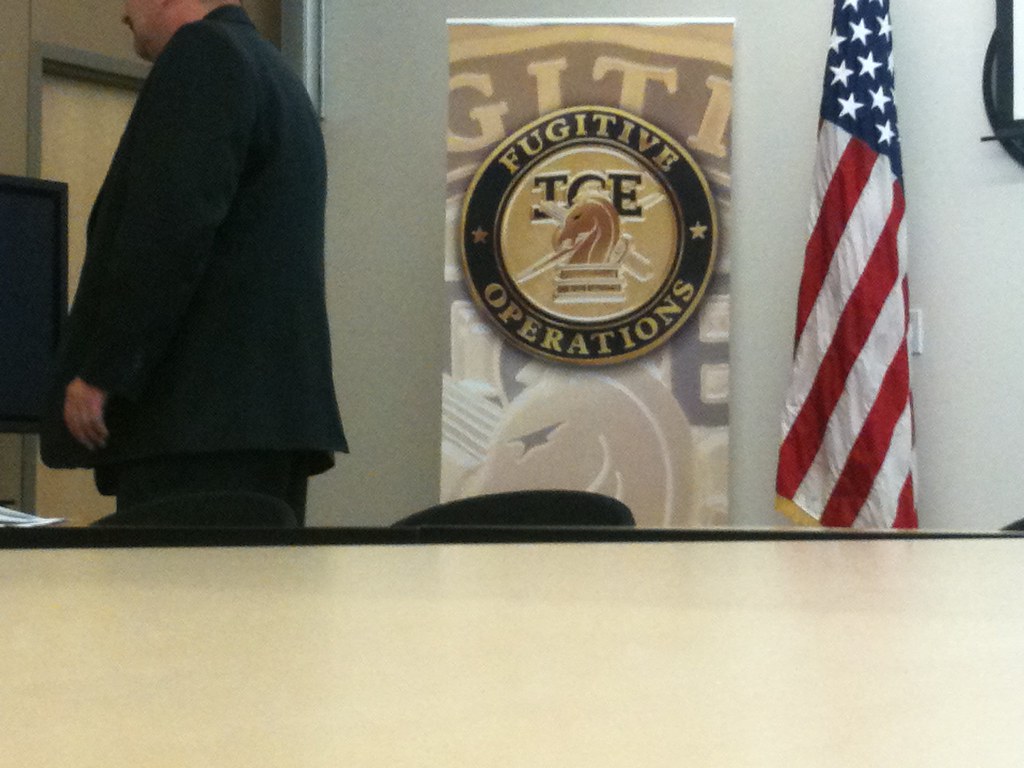Key Takeaways
- ICE raids have disrupted Back of the Yards Coffee in Chicago’s Hispanic neighborhood.
- Owner Jesse Iñiguez trains staff to handle tough encounters and trauma.
- Chicago’s ICE Free Zone order lets businesses ban federal agents.
- Community fears and trauma are on the rise amid aggressive enforcement.
How ICE Raids Disrupt Local Business
ICE raids have come to Back of the Yards Coffee, a small shop on Chicago’s South Side. Owner Jesse Iñiguez didn’t ask for the spotlight. Yet federal agents now patrol right outside his door. These operations are part of Operation Midway Blitz, which has brought National Guard troops and military-style tactics into the city. As a result, Iñiguez and his team face new fears and challenges every day.
A Violent Encounter on the Sidewalk
One afternoon, a barista sent Iñiguez a video of ICE agents chasing a man into his shop. They tackled him so hard he fell off his bicycle. The agent left the bike behind. Now, Iñiguez stores it in the back, waiting for the owner to claim it. Soon after, a staff member shared a second video. It showed families painting sugar skulls at a community event inside the shop. The post set the two videos side by side with clashing soundtracks. One played soft classical music. The other blasted “Killing in the Name.” The contrast was clear. Who brings safety, and who brings chaos?
Traumatic Scenes and Coping Strategies
These ICE raids aren’t just random visits. They leave lasting harm. Iñiguez recalls a U.S. citizen fleeing into the shop, scared out of her mind. Agents had chased her down the street. They drove off after a short chase, but the fear stayed. Other patrons face hours of detention without clear reason. Therefore, Iñiguez now trains every barista on how to react. Moreover, he gives them tools to cope with trauma. He says: “They didn’t sign up to be first responders.” Yet they arrive first when ICE shows up.
Taking Action: Training and Signs
First, the shop uses clear signs to keep ICE out. Chicago’s ICE Free Zone order allows this. A big banner reads, “ICE is not welcome here.” Next, Iñiguez holds quick drills. Staff practice hiding IDs, calling legal hotlines, and offering water to anyone in need. He also brings in counselors. These pros teach breathing exercises and stress relief. This plan helps baristas stay calm under pressure.
Community Response and Fear
Other businesses stay silent. They worry about being targeted next. Some lock their doors and force patrons to ring a bell. Families whisper about whether it’s safe to join senior events. Iñiguez’s own mother, a U.S. citizen, hesitated to visit. She fears she might be swept up because she looks Latino and speaks limited English. Kids worry their parents could vanish on the way to school. Many parents have cried in the shop, unsure where to turn.
Signs of Solidarity
Despite the fear, Iñiguez sees hope. Patrons hold community art nights, share hot chocolate, and fundraise for legal fees. Local activists gather on weekends to map ICE activity. They text alerts when agents appear. In turn, the coffee shop does cultural events. These gatherings remind neighbors that they belong. Yet none of this stops the ICE raids from casting a shadow.
Lasting Trauma in the Neighborhood
The raids serve no clear purpose, says Iñiguez. They only demonize Latinos, he adds. Many are hard-working citizens or visa holders. They pay taxes and raise families here. Instead of feeling safe, these residents feel hunted. Experts warn that trauma can last years. Children may develop anxiety or nightmares. Parents might avoid public spaces. Neighborhood cohesion suffers when people live in constant fear.
Looking Ahead: A Community Pushback
Iñiguez hopes for change. He plans more legal workshops, safe-space training, and art therapy sessions. He also calls on city leaders to hold federal agents accountable. Finally, he urges other business owners to speak out. Only by standing together can the community push back against these ICE raids.
Frequently Asked Questions
What happens during an ICE raid?
ICE agents can enter public spaces and detain people they suspect of immigration violations. These operations often involve armed officers and surprise tactics.
How does the ICE Free Zone order help businesses?
Chicago’s order lets businesses display signs banning ICE agents from their premises. It also prevents local police from cooperating in federal immigration enforcement.
Why is Back of the Yards Coffee important to the neighborhood?
The shop offers a safe gathering place for families, artists, and seniors. It hosts cultural events and provides a sense of belonging amid fear.
How can community members stay safe during raids?
Patrons can learn their rights, carry emergency contacts, and support local training sessions. Staying informed through community alerts also helps avoid unexpected encounters.
